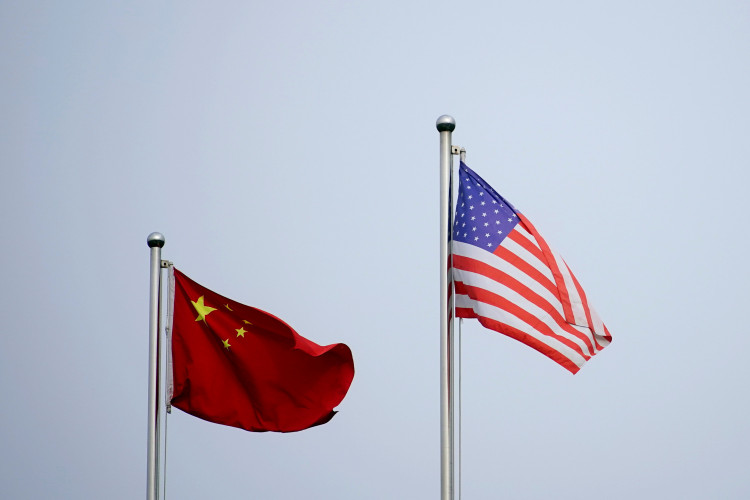In a significant escalation of trade tensions between China and the United States, Beijing has announced a substantial 43.5% levy on imports of propionic acid from the U.S., a chemical widely utilized in various sectors including food preservation, animal feed, and pharmaceutical manufacturing. The decision, effective from Saturday, was declared by China's Ministry of Commerce following a July investigation that concluded the domestic industry was suffering due to unfairly priced imports.
The imposition of the tariff on propionic acid-a relatively small but vital market-is viewed as a microcosm of the broader and deepening trade conflict between the world's two largest economies. According to the investigation findings, significant harm was inflicted on Chinese producers due to the dumping of the chemical at rock-bottom prices by major U.S. companies, notably Dow and Eastman Chemical, both of whom have yet to respond to the allegations, as reported by The Wall Street Journal.
This move by China is part of a wider narrative of retaliatory trade measures that have been unfolding over recent months. The U.S. has similarly been aggressive, with President Biden advocating for higher tariffs on Chinese steel and initiating antidumping investigations targeting China's extensive maritime and logistics sectors. Treasury Secretary Janet Yellen has accused China of undermining American jobs by saturating global markets with low-cost goods, a byproduct of China's substantial industrial capacity and state-backed manufacturing subsidies.
In response, Beijing has countered these accusations by criticizing the U.S. approach as protectionist, arguing that America should instead focus on enhancing the global competitiveness of its own industries. This tit-for-tat has not only soured bilateral relations but is also reshaping global trade dynamics, with both nations striving to "derisk" their supply chains and reduce dependency on each other.
The geopolitical rivalry is expected to intensify as the U.S. pushes forward with its strategy to revive domestic manufacturing capabilities and reduce reliance on Chinese imports. Concurrently, China is actively seeking to replace U.S. technology with domestically produced alternatives, further straining the trade relationship.
Economists like Rory Green, chief China economist at GlobalData TS Lombard, highlight that these trade disputes are influenced by political factors, especially with the U.S. elections on the horizon where trade with China is anticipated to be a contentious issue. "The economic drivers are still very strong," Green noted, pointing to China's continued heavy investments in its manufacturing sector as a means to stimulate growth.
The global propionic acid market, although small with a total value of around $1.3 billion in 2022, is critical for numerous applications. China itself accounts for about a quarter of the global consumption. The recent trade measures could disrupt this market significantly, particularly affecting U.S. producers and potentially benefiting European competitors like Germany's BASF, the only Western firm producing propionic acid in China through a joint venture.






